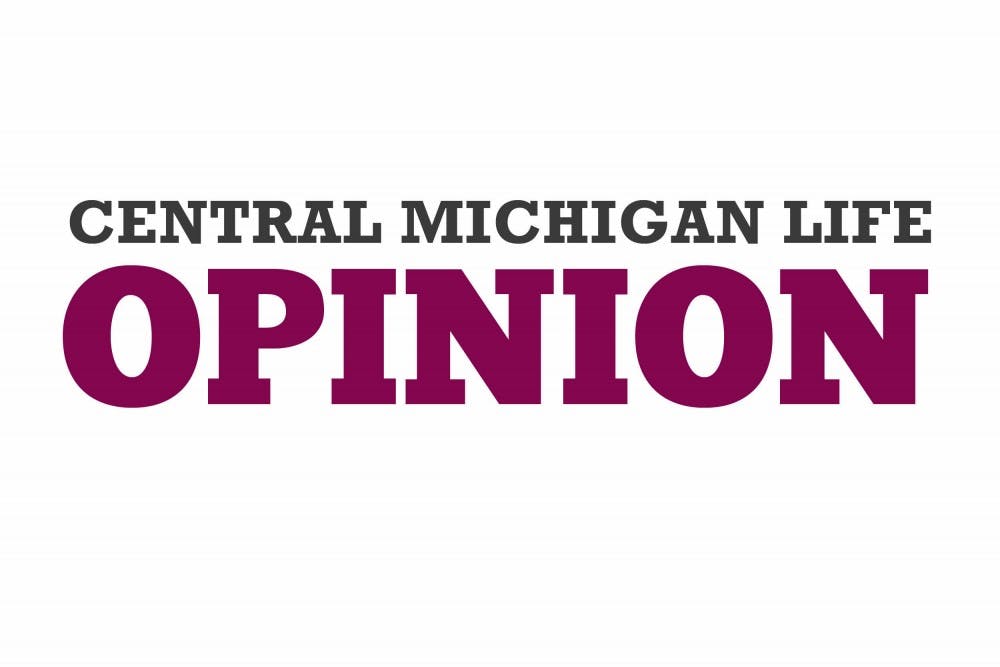Letter to the Editor: Dire straits
Pipelines and policy options for the Great Lakes
TO THE EDITOR:
With the 2014 elections over, Michigan lawmakers can no longer ignore Michigan’s pipeline ticking time bomb. This aging statewide oil and gas pipeline network threatens our multi-billion-dollar fishery, boating and tourism industries and 20 percent of the world’s fresh water.
The disastrous Kalamazoo River spill should remind us what happens when an oil pipeline bursts. Enbridge Energy Partner’s pipeline break (Line 6B at Kalamazoo) cost nearly $1 billion to clean up, and its 61-year-old Line 5 pipeline that crosses the Straits of Mackinac and Lake Huron between Lake Huron and Sarnia, poses an even greater threat to our priceless Great Lakes.
The task force created this year headed by Michigan Attorney Bill Schuette and DEQ Director Dan Wyant is charged with studying the pipelines transporting petroleum around the state, and we expect they will look at government centered options such as requiring double wrapped pipelines, increasing Coast Guard and emergency response funding or perhaps just more government monitoring of underwater pipelines. However, we do not expect that they will order the replacement or removal of these aging pipelines, which is the only sure way to dodge the threat of an environmentally disastrous oil spill into the Great Lakes.
We suggest the state instead consider a more market-based approach, such as a modified two tiered liability model suggested by Professors Viscusi of Vanderbilt and Zeckhauser of Harvard. Instead of further regulating the potential polluter, Enbridge would sign an agreement with the state that they would be solely and strictly liable for any spill caused by their pipeline. This agreement would put the financial burden of responsibility, as well as the economic incentive, to protect the straits pipeline on Enbridge itself. It would avoid Enbridge passing the liability buck in case of a spill, and also put safety responsibility and costs clearly in the hands of Enbridge. We would also suggest an annual tax to be paid to the state natural resources trust fund to cover potential catastrophic risks beyond the financial capabilities Enbridge.
We feel this approach (short of shutting down the pipeline altogether) would be a more effective economic and political way to control unknown risks than solutions likely to arise from the task force findings. Setting up such an agreement prior to a spill minimizes the politics that otherwise would occur after a spill. This provides a long-term incentive for Enbridge to maintain pipeline safety without the need for a large scale state regulatory presence, and saves the state considerable expenses in terms of additional emergency response funding and staff oversight expenses.
We would argue that the state should negotiate such a private agreement with Enbridge, and that doing so would be consistent with the terms of the 1953 easement that the state granted to Enbridge in order to place the Line 5 pipelines under the Mackinac Bridge. Since Enbridge professes that the chance of such a spill is remote, let them back their words with their corporate checkbook.
The bottom line might very well be that, after fully calculating the enormous cost of a possible catastrophic event at the straits, Enbridge may on their own determine that re-routing much of the oil now traveling through Line 5. Building a newer and safer pipeline across the straits to reduce the risk of a spill, or even closing the straits pipeline altogether might be wiser choices than the status quo. This decision would be market based rather than imposed by government.
If Enbridge decides that closure is in their own economic interests, such a market-based decision should please both anti-regulation lawmakers and environmentalists alike.
KEN WINTER
Former Editor and Publisher, Petoskey News-Review
North Central Michigan College
DR. JAMES HILL
Central Michigan University
Former Michigan Natural Resources Commissioner
BEN BARKER
Graduate Student
Central Michigan University
MACEY MILLER, freshman, and CHRISTOPHER BONNEN, sophomore
Central Michigan University




